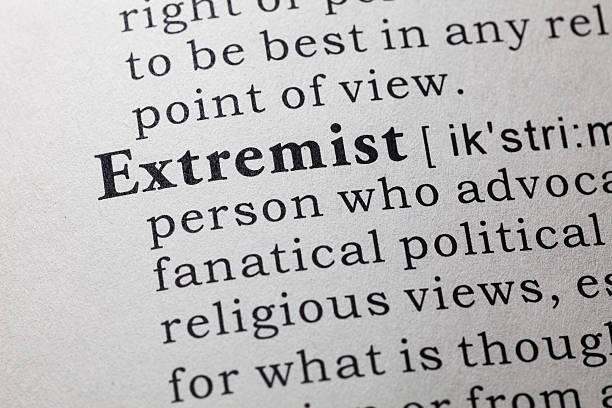Lately, there’s been some hand-wringing when someone uses the term “extremist.” There are several definitions of extremist, but many of them agree that such a person holds beliefs outside what’s considered the “norm” for a population. The term also often denotes someone who advocates for implementing ideas and policies that don’t align with prevailing views and values.
For example, the 2024 Idaho Public Policy Survey from Boise State University points out that education, housing, jobs and the economy remain the top priorities for Idahoans. But when you look at the time and energy spent in the legislature, you see a different focus. Much of the legislative session was taken up with culture war issues that don’t have much to do with what Idahoans consider top priorities.
What would you call legislators who spend time and taxpayer dollars on creating bad policies for problems that don’t exist while ignoring our housing issues and trying to push an unpopular education voucher scheme that would decimate our rural schools? Would you consider them extremists for ignoring most Idahoans while pushing their narrow agendas?
Consider the library bill. According to the Boise State survey, 69% of Idahoans trust librarians to choose age-appropriate materials and place them in the appropriate areas of the library. What do you call a small percentage of people who push their religion on the rest of us, telling us what our kids can access at the library? How would you characterize the legislators who spent time introducing multiple bills, each time receiving overwhelming push-back, before settling on this “stinkin’ library bill” (as Governor Little called it)?
What about SB1329, a bill that mental health professionals across the state have decried? It makes it difficult for teenagers in a state where the youth suicide rate remains one of the highest in the country to access care. It’s also vague, and there’s a possibility that abusive family members could use it to shield themselves. The sponsors of this bill and the people who voted to pass it did so in response to pressure from a loud minority of voices. Does a bill that does the opposite of protecting and supporting children count as extremism?
Most Idahoans—74%—want presidential primaries to be run by the state and held on the same day as the rest of the state’s primary elections. Additionally, “Idahoans generally favor a top-four primary system,” according to the survey.
So, there’s overwhelming support for more open primaries and a more streamlined process. In light of this, what do you call the people who want to prioritize closed-party primaries that place greater emphasis on the will of party leaders over voter participation?
As we move into election season, it’s worth taking a step back and considering the positions of those running and how they align with the majority of Idahoans. Sometimes, the letter behind the name doesn’t tell the whole story. Voting records (for incumbents) and what they choose to focus on can give you a better idea.
Miranda Marquit, Master of Business Administration, is a nationally recognized financial expert, writer, speaker and podcaster. She is the vice chair of the Bonneville County Democratic Central Committee.

